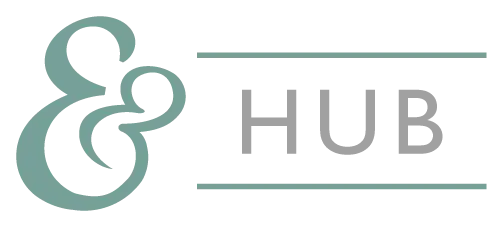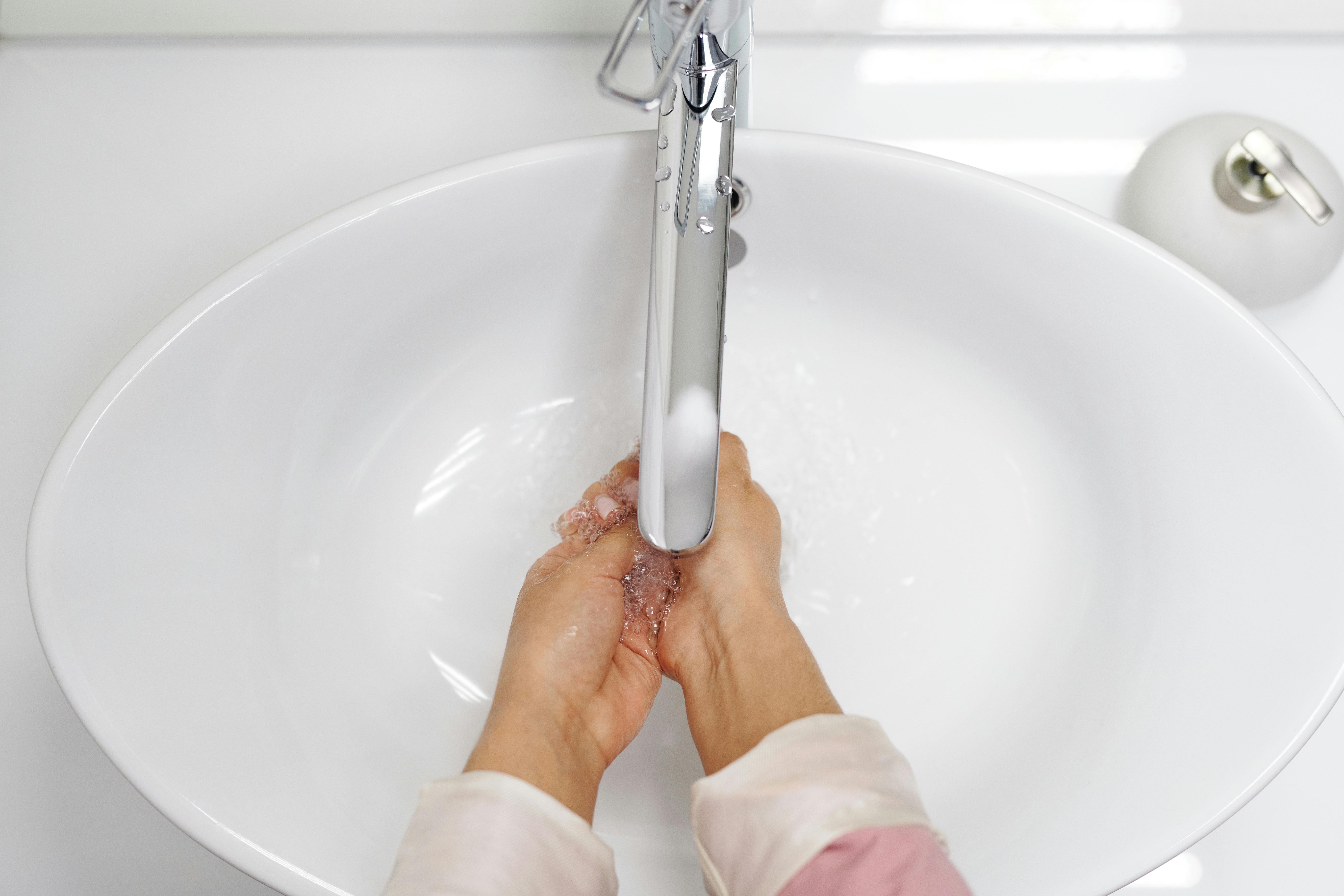Self-care is everywhere. Bubble baths, massages, Instagram encouraging you to “take time for yourself.” Get up early to have coffee and meditate, or take a forest walk. It can get to the point where self-care itself is yet another thing to check off the to-do list. Send emails. Make lunches. Clean Cheerios off floor. Take forest walk.
My podcast guest today, psychiatrist and author Pooja Lakshmin, wants to push back on this performative, box-checking, crystals-and-baths form of self-care. Her book Real Self-Care is about what it actually takes to create wellness for ourselves. On today’s episode, we talk about the book and get personal about what true self-care means for each of us.
I think this is the perfect listen headed into the holidays.
To spark your interest, here are three highlights from the conversation:
What does self-care look like for parents?
Emily: I don’t like the phrase “self-care” in general. I don’t like it in the context of parenting. I don’t like it in the context of being a mom. But 20% of women are diagnosed with postpartum depression. That surely understates the true burden. And throughout the life cycle, from the beginning, from when our kids are older, there is this incredibly hefty care burden which more often falls on moms…
And when people recognize this, there is then a lot of discussion of self-care. On Instagram, self-care is like a spa day: make sure you’re taking care of yourself and taking a spa day, getting a manicure, get a scented candle. But your book is titled Real Self-Care, and so is real self-care finding the right scent for your candle?
Pooja Lakshmin: So the sub-subtitle of the book is “Crystals, Cleanses, and Bubble Baths Not Included.” And I actually pushed hard with my publisher, because it makes it a really long title. But I was like, “No, this is really important,” because this book is basically a culmination of a decade of professional and personal experience of the ways in which woo-woo wellness fails us.
I spend a lot of time up front in the book talking about how the real problem is our social structures. I wrote a piece for the New York Times back in 2021 — so, the height of the pandemic — [that I] called “This Is Betrayal, Not Burnout,” talking about moms who work outside the home and how really it’s about public policy, it’s about paid leave, it’s about affordable child care, access to good health insurance.
And it’s not our fault that we get seduced by all of this. Because let’s just say in my profession — psychiatry, mental health — it is so hard to find a therapist. If you call your insurance company, the work is sitting on hold for two hours to get a whole list of therapists who potentially say they’re taking new patients, but then you actually call all of them and they’re all like, “No, we’re not.” So when Instagram gives you ads for this pretty, beige, branded vitamin that’s going to cure your stress and that’s delivered in 24 hours and arrives at your doorstep.
How can you set better boundaries?
Pooja: My conceptualization of boundaries is a little bit different than what you might hear. I talk about boundaries as the pause. I tell a story in the book about when I first graduated from residency at GW. And my mentor, who is the head of our women’s mental health clinic, took me out for lunch. I was bright-eyed, bushy-tailed, first day on faculty. And she was like, “The one piece of advice for you I have, Pooja, is you don’t have to answer your phone. You can let it go to voicemail, and then you can decide after you listen, you can decide how to respond.”
And that for me was a big aha because I had just come from med school and residency, where at that time we had pagers. And a pager would go off and you had this PTSD reaction, you had to call back. And then for me in that context, it was like, okay, sometimes it’s the front desk and they have insurance paperwork, and I can call them back and say, I’ll do that at the end of the day. Sometimes it’s a patient who I know has ADHD, and if she misses a day of her stimulant, she literally might get into a car accident. So I’m going to put that refill in. But I decide. So the boundary is the pause, and then you get to say yes, no, or negotiate, because the no always has a cost.
Again, no secret option C. The no has a cost. And if you are in a marginalized group, if you’re a woman of color, if you’re a black woman in corporate America, that no is going to have a higher cost. So it’s not always accessible, but the pause is. And then if you determine “Okay, you know what? I can’t say no to my boss right now because literally this is my livelihood,” then your goal is “Six months from now, I want to be closer to being able to say no. So what can I put in place?” So again, it’s the decision-making, but the boundary is the first step — realizing you even have a choice and taking that space.
How do you balance self-care with mom guilt?
Pooja: [Sociologist] Martha Beck’s work has really been inspirational for me, because she’s studied culture for her entire career. And she talks about how women have to reconcile the irreconcilable in our society. And exactly what you’re talking about, how moms are taught that their selflessness is their value and also told at the same time that their self-care is something that they should be prioritizing and performing. Our whole culture is set up that way. It’s not an accident. So this guilt that you feel, it’s from the outside. It’s not actually yours.
The way that I frame it with my patients is to think of this metaphor: think of the guilt as like a faulty “check engine” light on your car dash. So you took your car, got the engine changed, everything checked out, it’s fine, but there’s the light that keeps flicking no matter what. It’s broken. It doesn’t give you any meaningful information, but it’s always there. And that’s what the guilt is. And so if you set your life decisions with guilt as your moral compass, so if you make all your choices in avoidance of guilt, that life just ends up with you as a martyr and angry, pissed. Nobody wants to be around you because you’re just the angry mom. Right? It’s not a good path.
The work with compassion is not giving [the guilt] power, just letting it be in the background. It’s just that “check engine” light. It doesn’t mean anything. It doesn’t have to guide you.
This interview originally appeared on Parent Data. Click here to read the full transcript or listen to the podcast.



